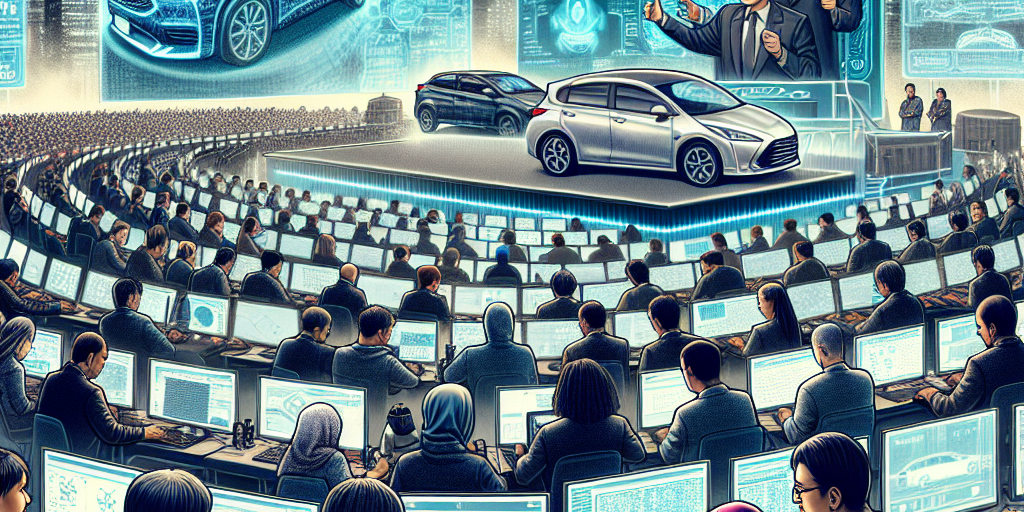Cybersecurity Concerns at Pwn2Own Automotive Event in Tokyo
The **Pwn2Own Automotive** event in Tokyo, Japan, has shed light on a troubling fact: electric vehicle (EV) chargers may be more vulnerable to hacking than previously acknowledged. Security researchers at the event notably found these chargers to be “pretty simple [to compromise],” according to Trend Micro’s Head of Threat Awareness, Dustin Childs. The apparent lack of basic security measures such as authentication and pre-emptive vulnerability scans has alarmed experts. Daan Keuper of Computest stated that these products did not appear to be designed with security in mind and could easily fall prey to common cyberattacks. This news underscores the growing need for robust security designs in the increasingly interconnected automotive sector.
Department of Commerce Investigates National Security Risks in Smart Cars
Amidst heightened tensions and competitiveness in the global automotive market, the **Department of Commerce** has announced an investigation into the national security risks of smart car technology, particularly focusing on components made in China. The President has echoed the department’s concerns, emphasizing the strategic significance of the automobile industry and the tactics employed by China to assert its dominance. Under Secretary Alan Estevez highlighted the potential vulnerabilities in connected vehicles that could be exploited for espionage and sabotage. This move underscores the critical role of cybersecurity as vehicles become more digitally advanced and interconnected.
Microsoft AI Engineer Files FTC Complaint over Copilot Designer
A Microsoft AI engineer, Shane Jones, has raised serious concerns regarding **Microsoft’s Copilot Designer** software by filing a complaint with the Federal Trade Commission. According to Jones, the image generator is producing content that violates copyright and its own guidelines by generating explicitly violent and sexual images. This troubling revelation came after internal company responses proved inadequate, pushing Jones to make these concerns public. His allegations, backed by his own experiences and further confirmed by CNBC’s investigations, suggest significant shortcomings in Microsoft’s AI content moderation and raise questions about the ethical implications of AI-generated content.







